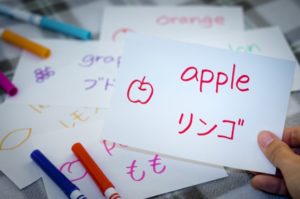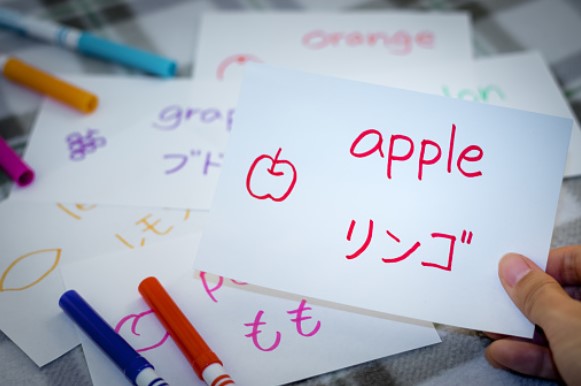For many native English speakers, the perception is that the Japanese language is one of the most complex languages to learn.
It has three different ways of writing, a sentence structure that is the opposite of English, and a complicated order of politeness. But is it hard to learn Japanese? Read on to find out insights into why Japanese is considered tough and the ways to learn it easily.
One can easily learn Japanese, even if they don’t speak it, by following some fundamental steps.
If you want to speak Japanese right now, focusing on the core aspects of the language is important, and in Japanese beginner lessons, working on the fundamentals can make the language easier to learn.
The Japanese language does not have any gender relativity in words! Japanese words never have a gender, which is different from Spanish and other similar languages.
Kanji
Kanji can help you get out of a jam. Kanji is like whole English words. (The kanji for “water,” for example, is ”What good does that do?” Well, even if one is not familiar with how to read the kanji, one can still understand the whole word if one knows what it means in English.
Every time, the same pattern is used to read kana. There’s no way around it. Once it is learned how to read the kana, it is easier, and one can become familiar with how to read them.
Loan words
There are a lot, and I mean a lot, of loan words in Japanese. However, they are still easy to spot because they are written in katakana, which is the Japanese way of writing most foreign words that have been changed to fit the language.
By some relativity to the pronunciation patterns, it is easier to identify the meaning of some words. So, people learning online Japanese courses in Singapore probably already know more words.
The Japanese language doesn’t have tones. Unlike the Chinese, the Japanese rarely change the pitch of a word to make it sound different. It makes it much easier to learn how to say words correctly and understand what other people say.
Japanese grammar
Japanese grammar is easy to understand. Even though it is distinct from the English language, it follows the rules more often. The grammar pattern learned in Japanese beginner lessons is also like learning grammar in other languages.
Verbs don’t have to match their subjects, and there are only two verbs that don’t follow the rules. Yes, once learners know how to conjugate, watching out for two of the verbs is important to managing the Japanese language.
Those are, which means “to do,” and, which means “to come.” And because they are used so often, you will learn how to use them quickly.
The writing systems
Don’t avoid the writing systems if you want to improve your understanding of the fundamental Japanese language. There are three writing systems, yes (hiragana, katakana, and kanji).
Despite that, there are around two thousand words of “essential” kanji, and learning them takes time. It’s easy to learn hiragana and katakana—one could do it in a day.
They are simply the letters of the Japanese alphabet, and each one stands for a syllable.
More about kanji
Many people who want to learn a language think that learning Kanji is the most difficult part.
On the other hand, it is one of the most important things you need to know to learn Japanese. One can manage to speak and write simple Japanese if one knows the basics of Kanji.
And to learn kanji, one must pay attention to the language tricks discussed above! First, Japanese learners should learn the kanji that match their 80/20 core vocabulary.
That’s about 100 kanji, which is enough to pass the Japanese Language Proficiency Test at the beginner level.
In a Nutshell
In general, the best way to learn Japanese is to go into great detail when learning the language.
In big cities in Japan, one can get by with little or no Japanese language skills, but you will miss out on a lot of what Japan has to offer and often find yourself in a bind when doing things like filling out documents at city hall, having a conversation in public facilities like metros, super-markets, etc., or trying to communicate with Japanese coworkers.
Mingo Space offers quality, 1-on-1 online Japanese courses in Singapore. To get started, please feel free to get in touch with us for more information.
More Articles

How Learning a Second Language Can Help with Your Career Growth
Explore the potential benefits of learning a second language for your career growth. Learn how it can increase your competitive edge in the job market.

Best Way to learn the Malay language for Beginners
Discover the best way to learn the Malay language for beginners with our comprehensive guide. Learn the basics of Malay language for beginners here!

Is Basic Japanese Easy to Learn?
Find out if basic Japanese is a good fit for you, and how much time and effort is required to get started here!

